Executives often receive lucrative compensation packages. But for some, it isn’t enough and they engage in illegal activities to line their own pockets. The Association of Certified Fraud Examiners (ACFE) has found that owners and executives commit 20% of occupational fraud. However, they’re responsible for the largest median loss of $600,000. (In comparison, rank-and-file employees who steal are responsible for a median loss of just $60,000.)
Most organizations can’t afford such losses. Then there’s the risk of bad publicity, the potential for lawsuits, and demoralized employees and other stakeholders. To keep executive fraud from fleecing your company, you need to take aggressive measures to prevent it. And, if you discover fraud has already occurred, you must act quickly to contain it and hold the perpetrator responsible.
Fraud triangle
Some businesses falsely assume their executives aren’t motivated to commit fraud because they’re generously compensated. Executives are also normally “known quantities” — trusted individuals who’ve been with their organizations for a long time and are often leaders in their communities. But, like other employees, executives may feel internal and external pressures and may work in environments that make stealing relatively easy.
The fraud triangle is a paradigm forensic accountants use to explain the incidence of occupational fraud. It includes three elements:
1. Pressure. Executives often face lifestyle pressures — for example, they may feel they need to live in an exclusive neighborhood, drive an expensive car and take exotic vacations to prove they’ve “made it.” Such pressure can cause individuals to overextend their finances until they can no longer keep up with their bills. Executives may also feel pressure on the job to pump up sales numbers or falsify financial statements to make their companies (and their own performance) look better.
2. Opportunity. As high-ranking employees, these individuals generally have the power and authority to steal or cheat — particularly if their company hasn’t adopted or doesn’t enforce adequate internal controls.
3. Rationalization. Executives who steal may think “everybody does it” or that they “deserve” more than they legitimately earn. Substance abuse or gambling issues may also interfere with their judgment.
Extra steps
Internal controls are critical to preventing and detecting all occupational fraud. But to help ensure executives aren’t engaging in criminal activity, you may need to take extra steps. For example, because upper management often has the authority to override internal controls, you must clearly communicate when overrides are permissible and when they’re not. If an executive believes an override is necessary, that person may be required to get a second executive’s opinion or to document the incident.
Here are some other suggestions:
Mandate fraud training for everyone. Many businesses allow executives to opt-out of fraud training provided to other employees. This decision inadvertently sends the wrong message to executives that they don’t present a fraud risk.
Empower your audit team. Whether your company has an internal audit team, outside auditors — or a combination of both — give them unfettered access to your company’s records. If the audit team encounters a roadblock or is denied access to any information, they need to know whom to contact (for example, your company’s owner or board) and how to proceed.
Provide a third-party hotline. An anonymous hotline enables rank-and-file workers to share concerns and suspicions about an executive possibly committing fraud without risking their jobs. Ensure the integrity of your hotline by providing only those who need to know, such as fraud investigators, access to the tips.
Investigate every allegation. Sometimes tips involving an executive are ignored or result in less rigorous investigations to avoid upsetting the high-ranking employee. To ensure a fair and unbiased investigation, consider engaging an external fraud expert to look into every legitimate-seeming allegation.
Pursue legal remedies. The ACFE reports that executives generally are less likely to receive punishment for fraud offenses than lower-level managers and average employees. Organizations may avoid civil litigation or criminal prosecution for fear of bad publicity. Allowing executives to commit fraud without ramifications may increase the likelihood that another employee or executive will commit fraud in the future.
Review controls
Most executives are loyal and committed to the success of their organizations and would never commit fraud. Unfortunately, the small percentage of executives who do engage in criminal acts can cause significant damage. So review your anti-fraud policies and procedures and make sure they address executive fraud risk. Contact us for help.
© 2022



